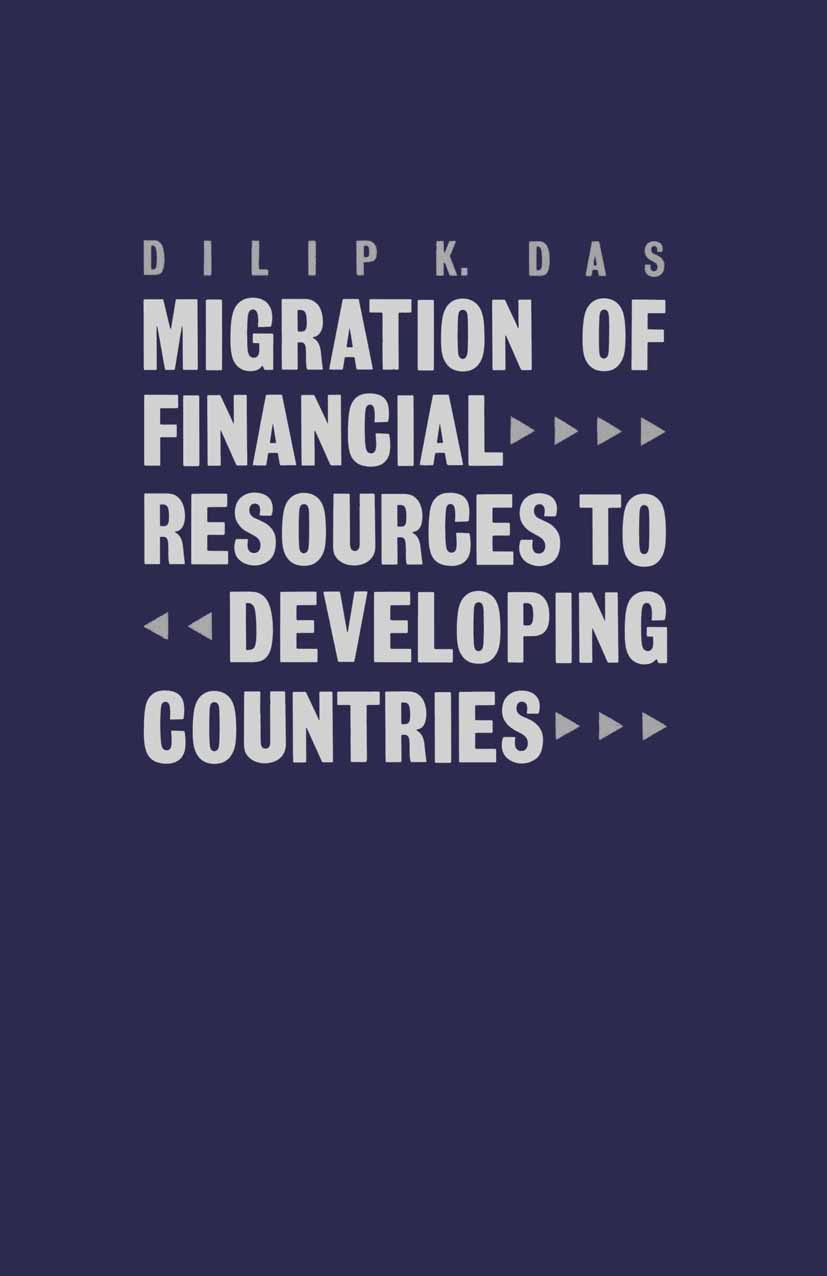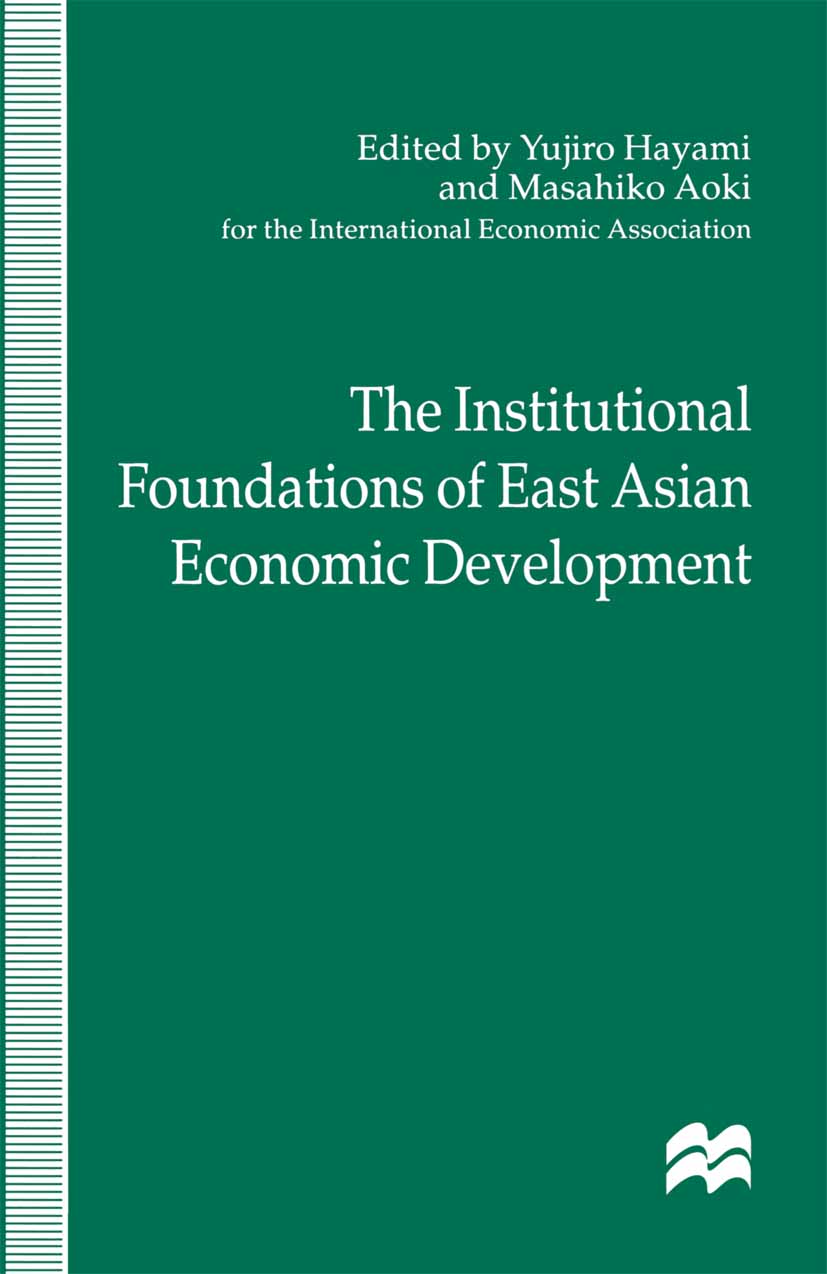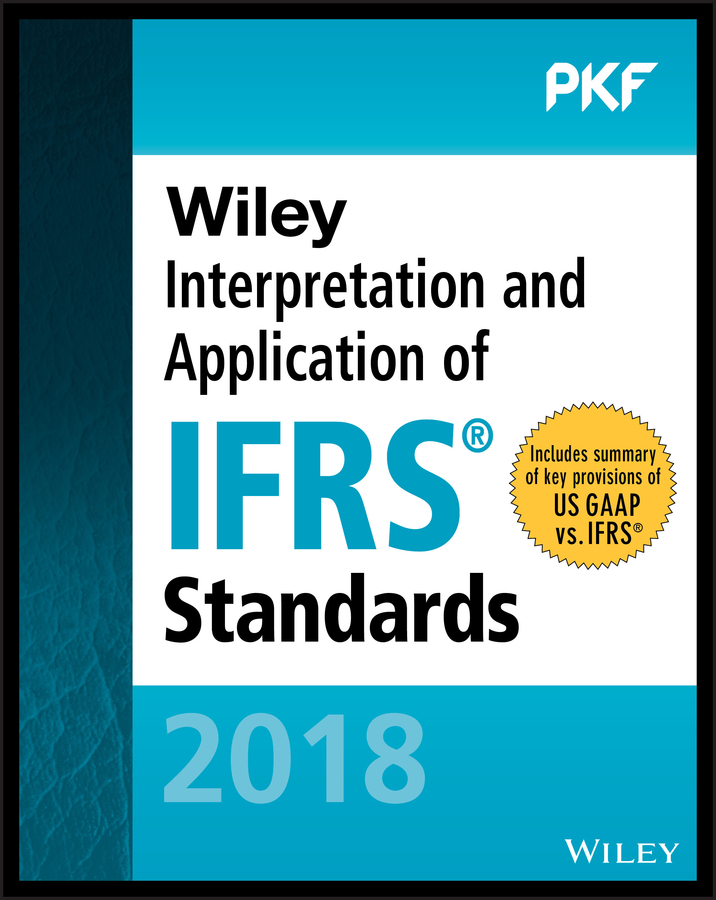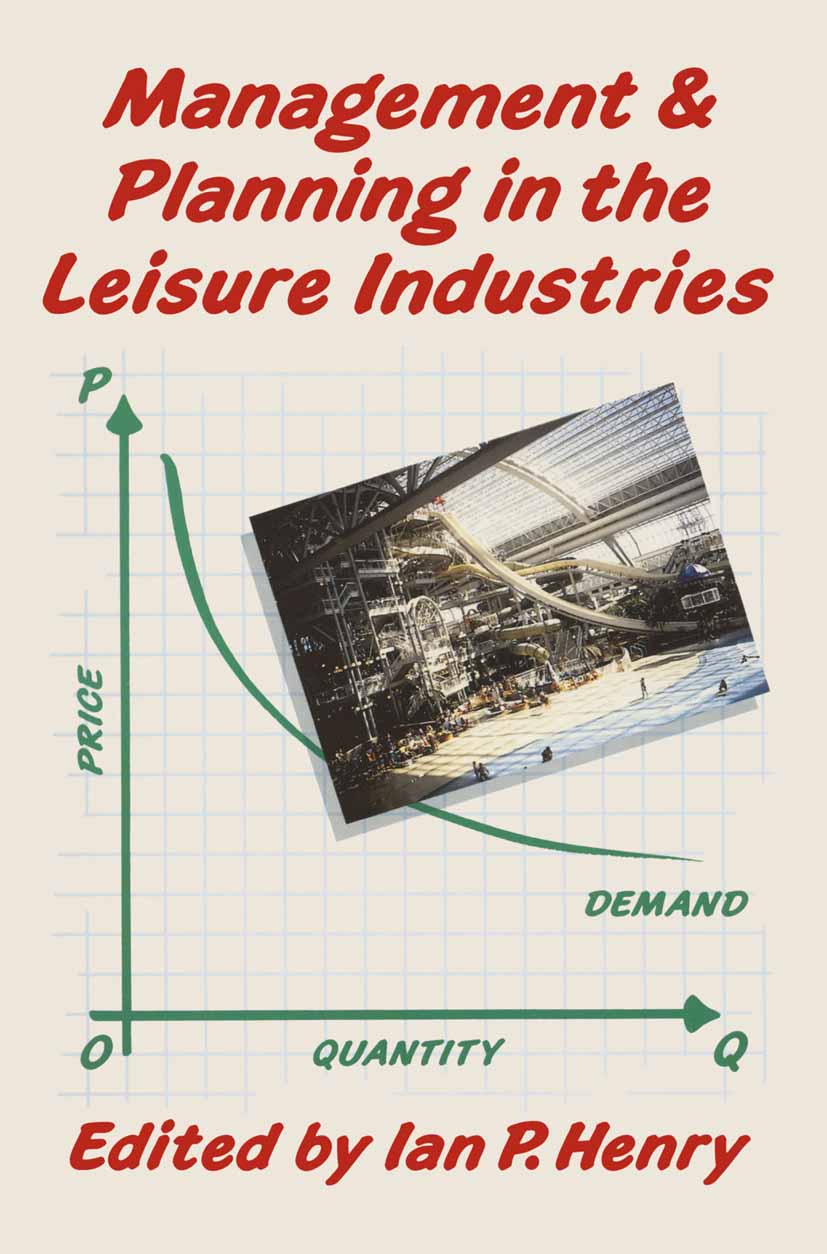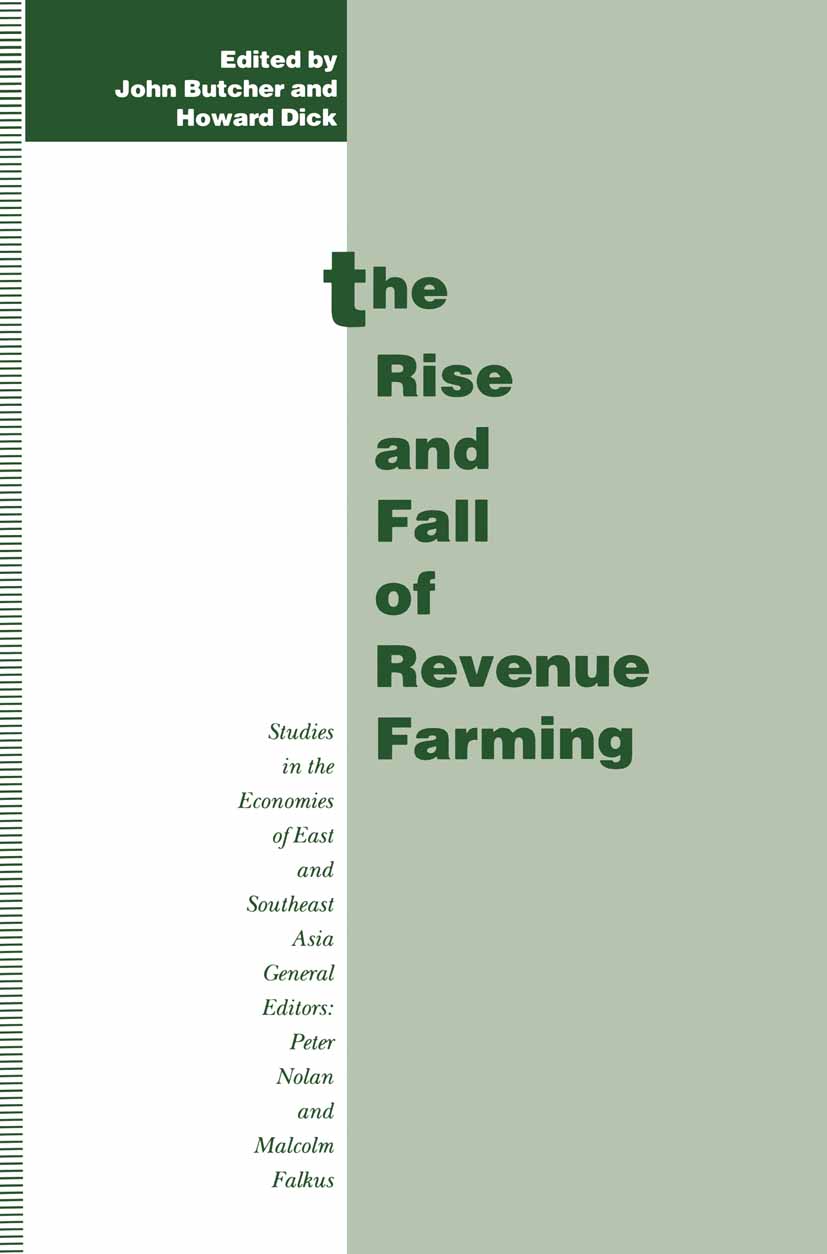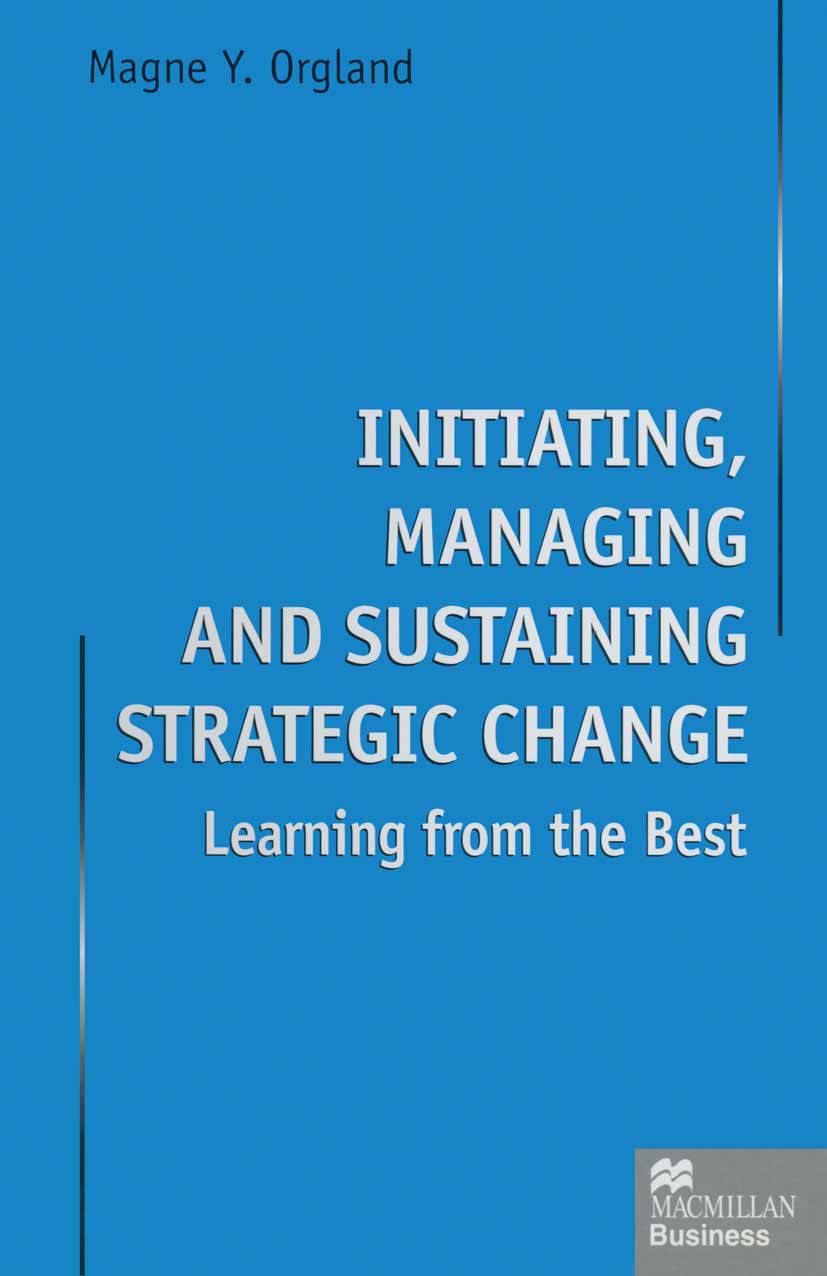
- Browse Category
Subjects
 We Begin at the EndLearn More
We Begin at the EndLearn More - Choice Picks
- Top 100 Free Books
- Blog
- Recently Added
- Submit your eBook
password reset instructions
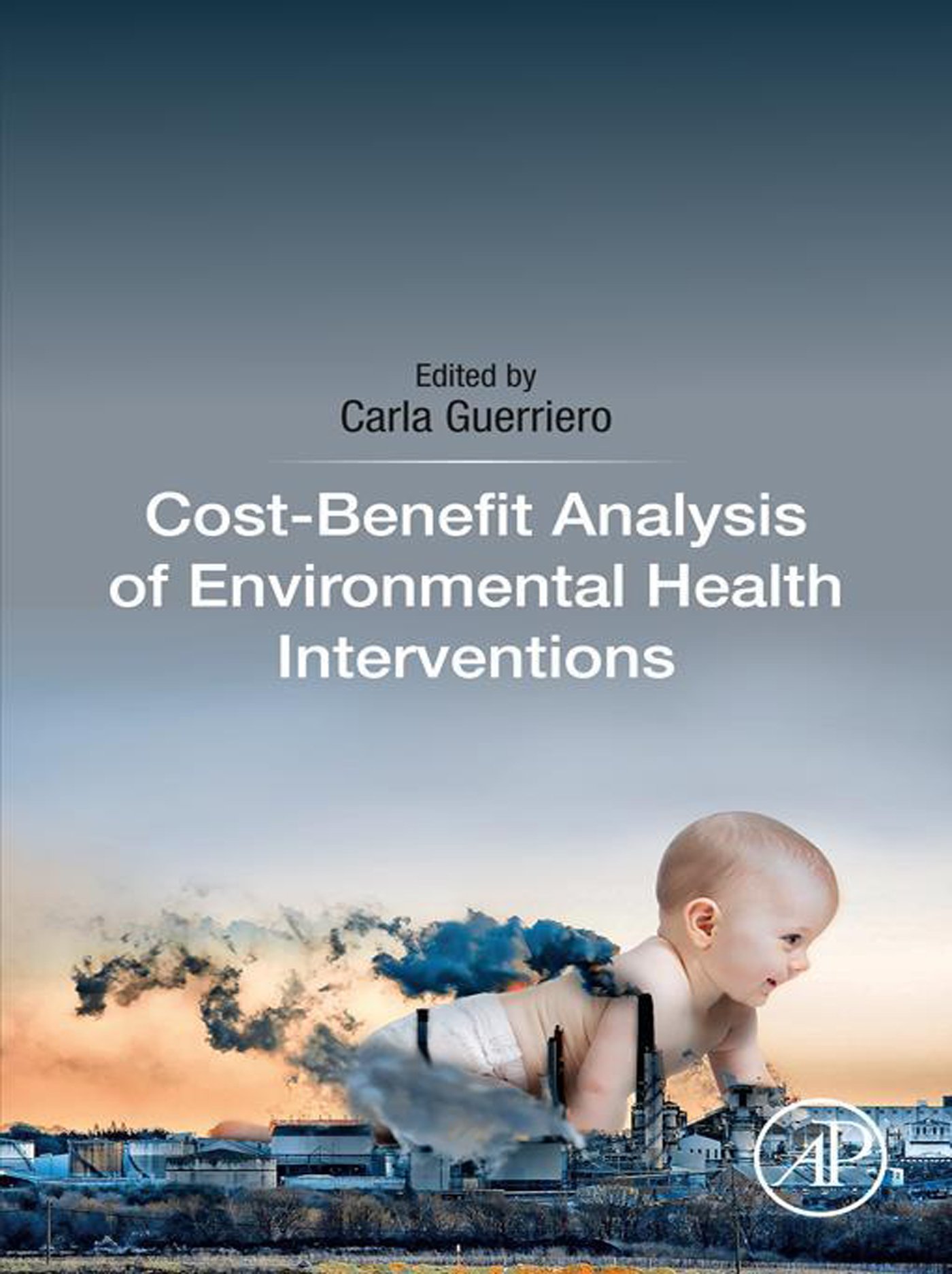
Cost-benefit Analysis of Environmental Health Interventionsclearly articulates the core principles and fundamental methodologies underpinning the modern economic assessment of environmental intervention on human health. Taking a practical approach, the book provides a step-by-step approach to assigning a monetary value to the health benefits and disbenefits arising from interventions, using environmental information and epidemiological evidence. It summarizes environmental risk factors and explores how to interpret and understand epidemiological data using concentration-response, exposure-response or dose-response techniques, explaining the environmental interventions available for each environmental risk factor. It evaluates in detail two of the most challenging stages of Cost-Benefit Analysis in discounting'' and accounting for uncertainty''. Further chapters describe how to analyze and critique results, evaluate potential alternatives to Cost-Benefit Analysis, and on how to engage with stakeholders to communicate the results of Cost-Benefit Analysis. The book includes a detailed case study how to conduct a Cost-Benefit Analysis. It is supported by an online website providing solution files and detailing the design of models using Excel.
- Provides a clear understanding of the core theory of cost-benefit analysis in environmental health interventions
- Provides practical guidance using real-world case studies to motivate and expand understanding
- Describes the challenging discounting'' and accounting for uncertainty'' problems at chapter length
- Supported by a practical case study, online solution files, and a practical guide to the design of CBA models using Excel
- File size
- Print pages
- Publisher
- Publication date
- Language
- ISBN
- 9 X 6 X 0 in
- 310
- Academic Press
- November 29, 2019
- eng
- 9780128129364





